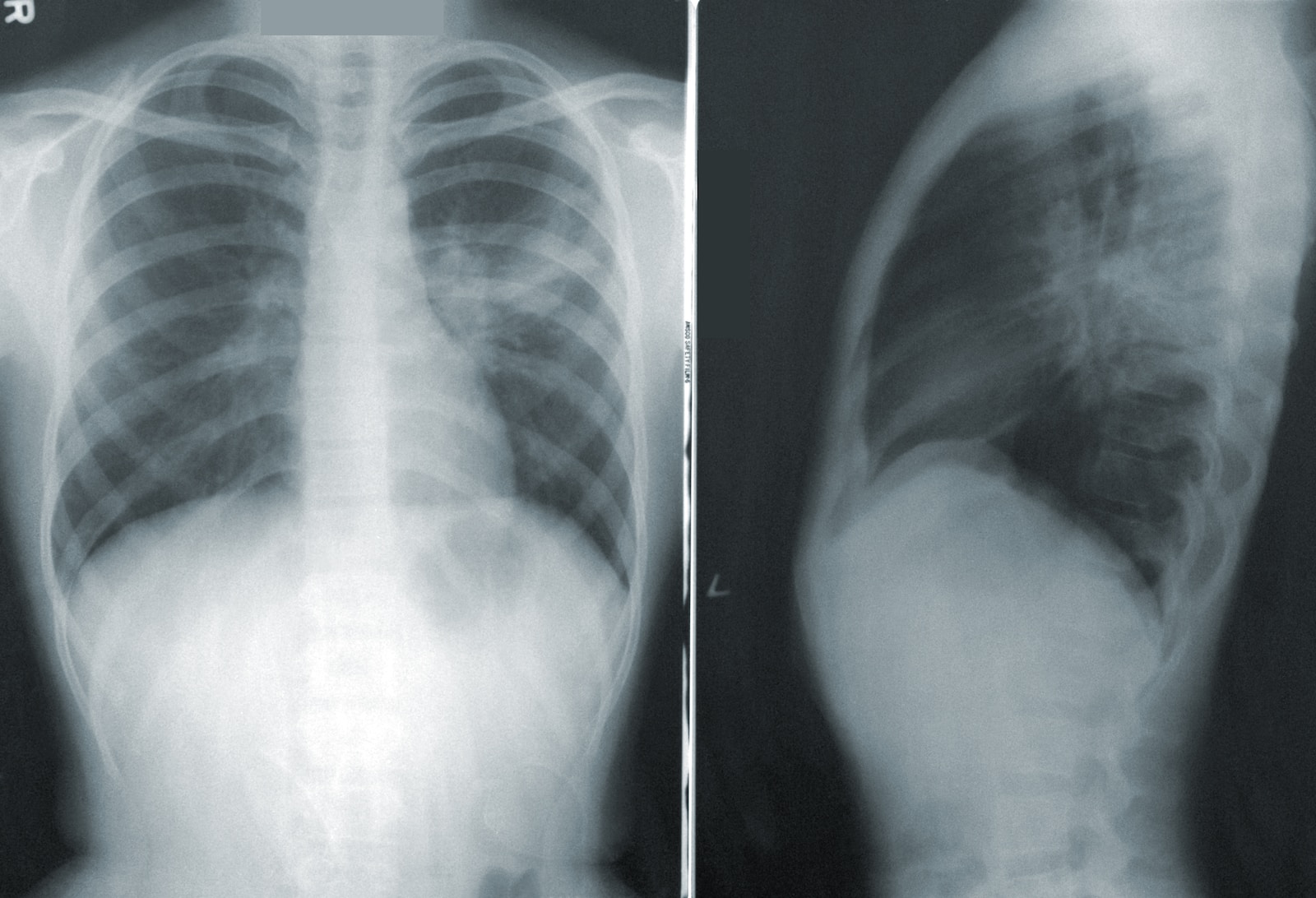In today’s fast-paced and diverse workplace environment, workers’ rights are a crucial subject that can’t be overlooked. One of the most significant rights that workers possess is workers compensation. This article will provide a deep dive into the world of workers compensation, focusing on what it entails, how it works, and the benefits it offers.
What is Workers Compensation?
Workers compensation, also known as workman’s comp, is a form of insurance that provides wage replacement and medical benefits to employees injured in the course of employment. In essence, it’s a safety net for workers who suffer work-related injuries or illnesses.
How Workers Compensation Works
The primary purpose of workers compensation is to cover medical expenses, a portion of lost wages, and rehabilitation or retraining costs if an employee is injured or falls ill due to work-related circumstances. In a typical workman’s comp claim, the injured worker does not need to prove the employer’s negligence to receive benefits. In any claim, it is suggested that you have a workers compensation lawyer.
The Importance of Workers Compensation
Workers compensation benefits both the employee and the employer. For employees, it provides much-needed financial support during a difficult time. For employers, carrying workman’s comp insurance helps protect them from potentially costly lawsuits.
Making a Workers Compensation Claim
To receive workman’s comp benefits, an injured worker must first report the injury to their employer. It’s important to make this report promptly, as most states have a reporting deadline. Following this, the employer will provide a claim form which must be filled out and returned.
The Workers Compensation Process
Once a claim is filed, the employer’s insurance carrier will investigate to determine the validity of the claim. If approved, the insurance carrier will begin providing benefits, such as covering medical expenses and compensating for lost wages.
Benefits of Workers Compensation
Workman’s comp offers numerous benefits, including:
- Medical Expenses: It covers all medical treatment related to the work injury or illness.
- Disability Benefits: If an employee is unable to work due to their injury or illness, workers’ comp provides disability benefits.
- Rehabilitation: If an injury or illness requires physical or vocational rehabilitation, workers’ comp will cover these costs.
- Death Benefits: In the unfortunate event of a work-related death, workers compensation provides benefits to the dependents of the worker.
In conclusion, workers compensation is a vital part of the employment landscape. It provides an essential safety net for employees while offering protection to employers. Remember to always prioritize workplace safety, but know that if a work-related injury or illness does occur, workman’s comp is there to support you.


